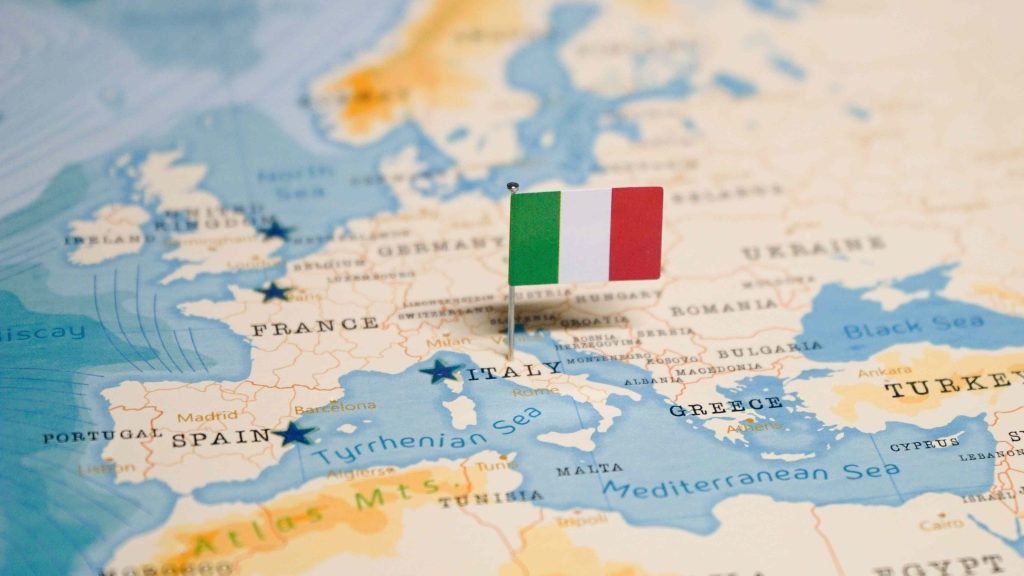
Banks’ digital marketing can be the major influencer for wealthy clients and their loyalty to the brand, new research suggests.
Scorpio Partnership’s, The Digital Future of Clients Relationships, found that 16 leading global brands that succeeded on their digital marketing strategies had a strong following among Futurewealth customers.
How well do you really know your competitors?
Access the most comprehensive Company Profiles on the market, powered by GlobalData. Save hours of research. Gain competitive edge.

Thank you!
Your download email will arrive shortly
Not ready to buy yet? Download a free sample
We are confident about the unique quality of our Company Profiles. However, we want you to make the most beneficial decision for your business, so we offer a free sample that you can download by submitting the below form
By GlobalDataSignificantly, the report uncovers that wealthier customers with personal wealth of more than $4m are 40% more likely to be influenced by multi-channel marketing strategy from a bank than the less wealthy clients.
Nevertheless, banks are still behind other kinds of luxury provider in terms of digital connections. The luxury cars industry, for example, attracts more clients with their digital strategies when compared to banks. Clients’ preference for luxury cars’ digital marketing is of 6.6 out of 10, while for banks is 5.5 out of 10, according to the report.
Factors like "previous experience" (6.8), "website" (5.8) and "ratings and reviews" (5.5) are instead the most interesting contacts for wealthy clients.
Of note, wealthy clients from Asia Pacific region rated the on-going digital contact from their banks slightly higher, with a grade of 6.6 out of 10.
"Technology integration and workflow management features available through today’s wealth management platforms are certainly helping, but it’s personal and online relationships that will close the gap between financial services and other industries. Wealth management providers need to recognise and concentrate on what drives the up-and-coming wealthy to select and commit to certain brands." said Joseph Ujobai, executive vice president, SEI.
Digital marketing strategies and brand loyalty
Futurewealth’s report also considers the interrelationship between digital marketing strategies and brand loyalty.
This year’s ‘Brand Love index’, which measures three dimensions of a customer’s long-term relationship with a firm (warmth, commitment and excitement), includes only firms that have been recognised for their digital marketing approach and finds almost all of them have increased their standing in the eyes of customers and clients.
Although banks have increased their Brand Love of 7.2% since 2011, luxury car companies surpassed them with an average Brand Love score of 86 points, versus 71 points among leading international banking brands.
Standard Chartered, one of the report sponsors, had the highest Brand Love rating amongst banks at 79.2; it was trailed by UBS (77.1), HSBC (66.7) and Citibank (65.5).








